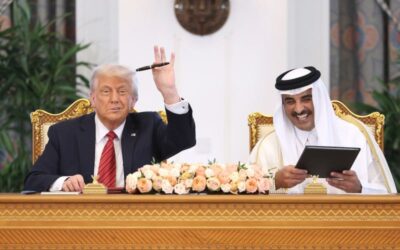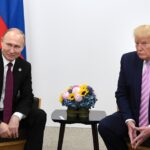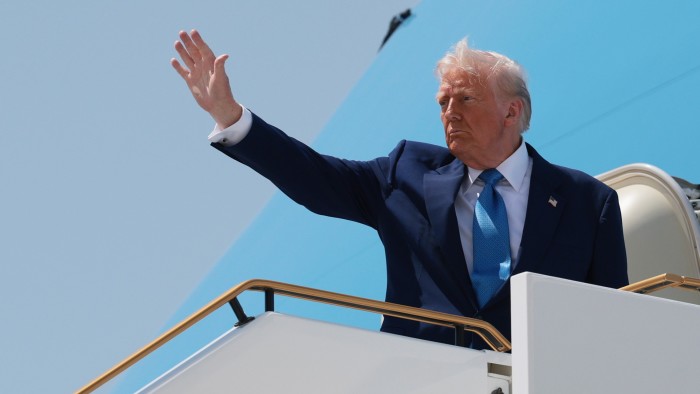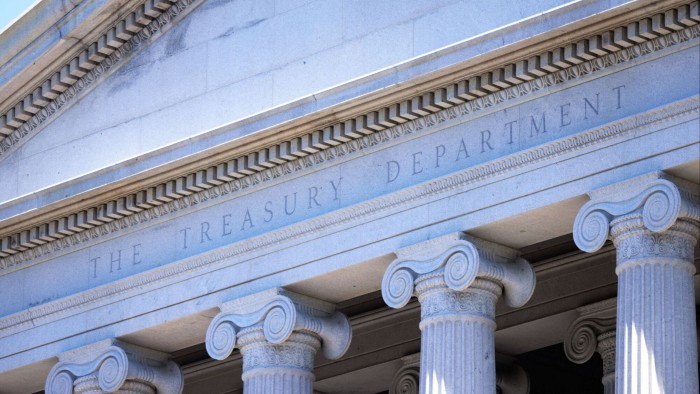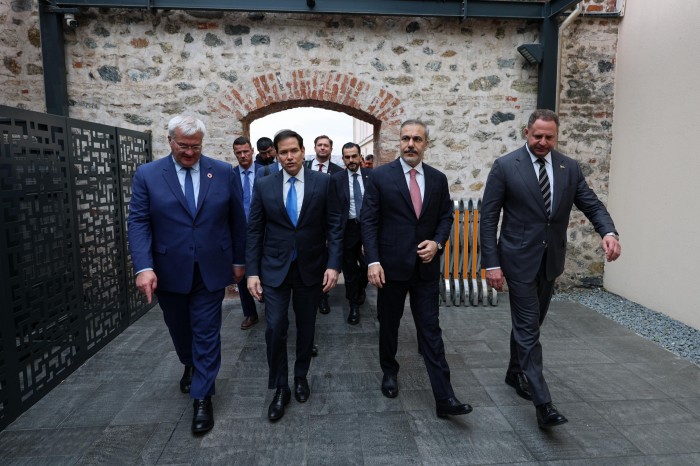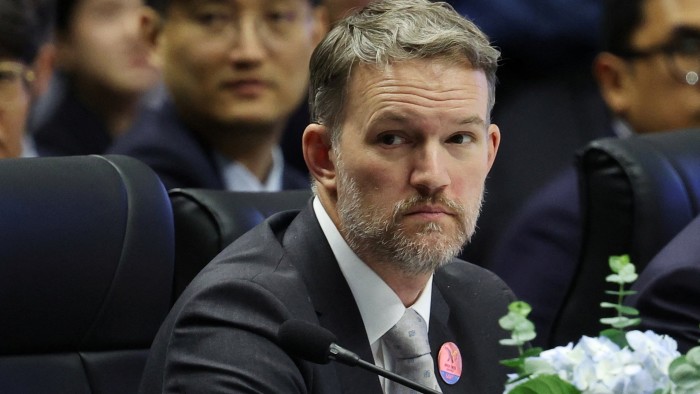Trump says US will set tariff rates for scores of countries in 2 to 3 weeks
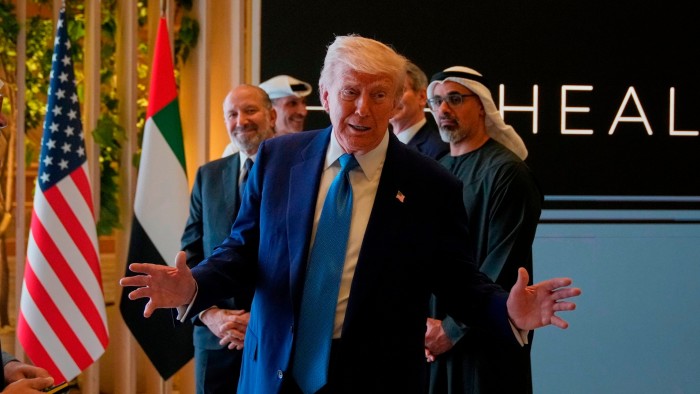
Unlock the White House Watch newsletter for free
Your guide to what Trump’s second term means for Washington, business and the world
Donald Trump has held out the prospect that the US will impose higher tariff rates on many of its trading partners, rather than striking deals with all of them.
Speaking at a meeting with business executives in the United Arab Emirates on Friday, the US president said Washington would impose new tariffs “over the next two to three weeks”.
Trump said that, while “150 countries” wanted to agree deals, “it’s not possible to meet the number of people that want to see us”.
He added that Treasury secretary Scott Bessent and commerce secretary Howard Lutnick would “be sending letters out essentially telling people” what “they’ll be paying to do business in the United States”.
Trump unveiled steep tariffs of up to 50 per cent on most US trading partners in early April, before lowering them to 10 per cent for 90 days to allow countries time to negotiate lower levies.
The president’s suggestion that countries may face higher tariffs ahead of the deadline will inject further uncertainty into the US’s erratic trade policy rollout, which has been marked by a series of reversals and U-turns.
US officials have been holding talks with the country’s major trading partners since before Trump’s “liberation day” tariffs took effect in early April, with foreign negotiators seeking to head off the worst of the duties.
Along with the “reciprocal” tariffs that Trump has levied on most US trading partners, his administration has announced tariffs of 25 per cent on steel, aluminium and auto imports.
It has also launched probes that could lead to levies on semiconductors, pharmaceuticals, copper, lumber, critical minerals and aerospace parts.
So far, only the UK has managed to strike a limited deal to lower some of Trump’s sectoral tariffs, scoring a reduced rate for a limited number of cars, along with steel and aluminium exports to the US.
But London failed to bring Trump’s “reciprocal” tariff below 10 per cent. US officials have said this will be the minimum tariff imposed by Washington.
US officials are in talks with South Korea, Japan, Vietnam, India, the European Union and other partners over potential deals to lower US tariffs on their goods.
Last weekend, Bessent and US trade representative Jamieson Greer sought to de-escalate trade tensions with China, leading both sides to substantially lower tariffs and agree to further talks.

